If the gods do decide to wipe us out, is it such a bad thing? Maybe we've earned a little annihilation
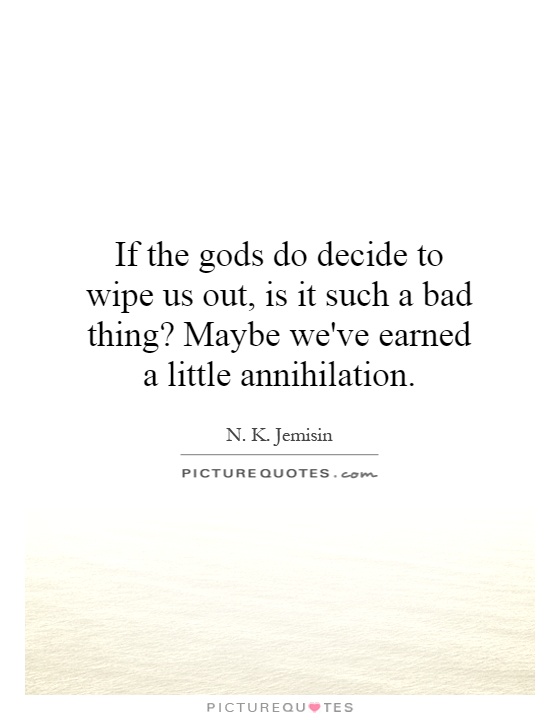
If the gods do decide to wipe us out, is it such a bad thing? Maybe we've earned a little annihilation
In the works of N.K. Jemisin, the idea of gods and their potential wrath is a recurring theme. Jemisin's novels often explore the complex relationships between mortals and deities, and the consequences of their actions. In this context, the notion of being wiped out by the gods is not necessarily seen as a negative outcome, but rather as a form of retribution or justice.Jemisin's writing often delves into the idea of humanity's hubris and the consequences of our actions. In her acclaimed Broken Earth trilogy, for example, the world is constantly on the brink of destruction due to the misuse of power and the exploitation of the earth's resources. The gods in this world are not benevolent beings, but rather powerful entities who are indifferent to the plight of mortals. In this context, the idea of being wiped out by the gods can be seen as a form of punishment for our sins.
Furthermore, Jemisin's work often challenges traditional notions of morality and ethics. In her novel "The Fifth Season," for example, the protagonist Essun grapples with the idea of whether the destruction of the world is justified in order to bring about a new beginning. This moral ambiguity is a central theme in Jemisin's writing, and raises questions about the nature of good and evil, and the consequences of our actions.
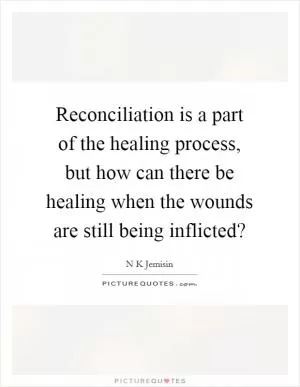
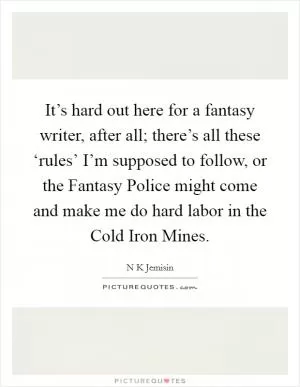
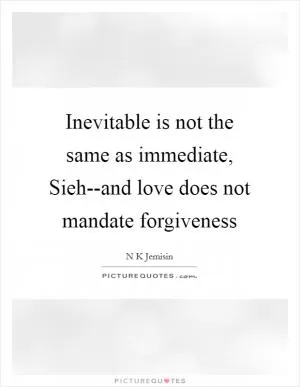
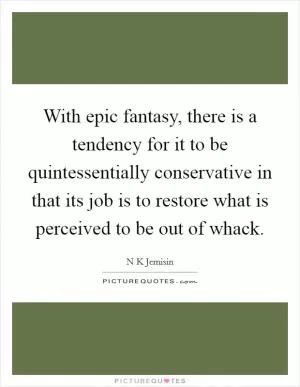
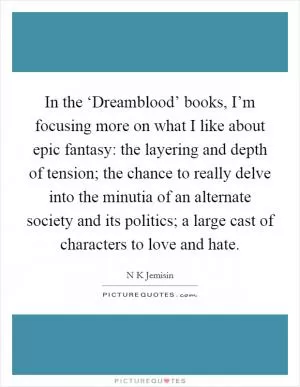
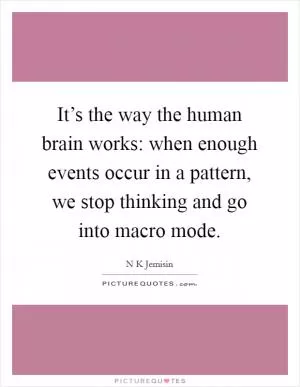
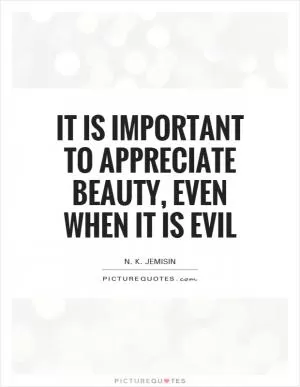
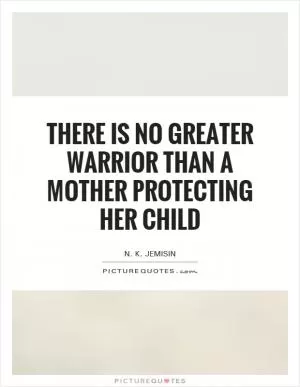
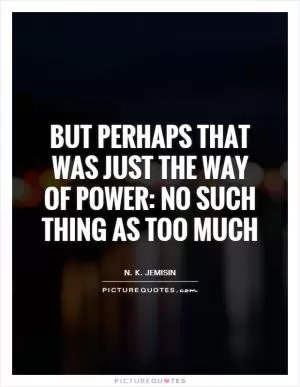
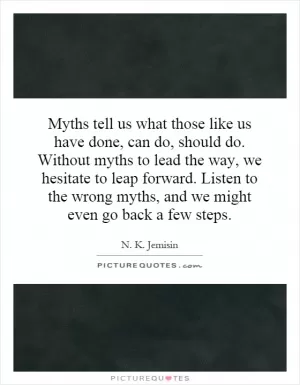
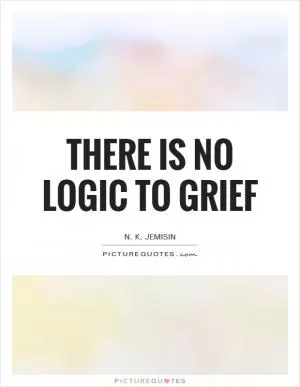
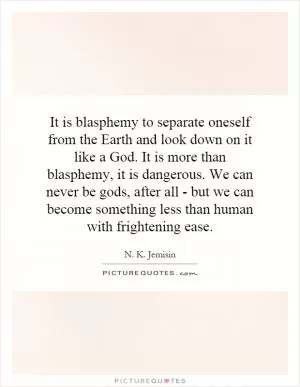
 Friendship Quotes
Friendship Quotes Love Quotes
Love Quotes Life Quotes
Life Quotes Funny Quotes
Funny Quotes Motivational Quotes
Motivational Quotes Inspirational Quotes
Inspirational Quotes